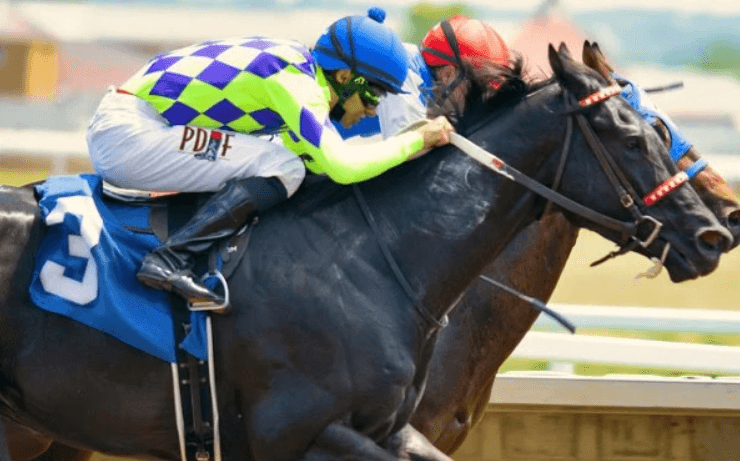The Science of Horse Racing: How Horses Are Trained for Speed
The science of horse racing involves a complex interplay of genetics, training, nutrition, and mental conditioning. Each element plays a critical role in enhancing a horse’s speed and performance on the track. Genetic factors influence a horse’s physical capabilities, while training regimens are meticulously crafted to develop strength and endurance. Nutrition is essential for optimal energy levels. However, the often-overlooked aspect of mental conditioning may provide the crucial advantage that separates champions from contenders.
The Role of Genetics in Speed and Performance
Genetics plays a pivotal role in determining the speed and performance of racehorses, influencing traits such as muscle fiber composition, cardiovascular efficiency, and overall physical conformation.
Genetic predisposition, discerned through bloodline analysis, allows breeders to select optimal pairings for enhanced racing capabilities.
This scientific approach ensures that desirable traits are perpetuated, ultimately contributing to a horse’s competitive edge on the racetrack.
See also: bordeaucourse
Training Regimens: Building Strength and Endurance
The development of a racehorse’s strength and endurance is fundamentally influenced by a structured training regimen, which complements the genetic factors that contribute to its performance capabilities.
Interval training, characterized by alternating periods of high-intensity exertion and recovery, enhances cardiovascular efficiency.
Additionally, targeted strength exercises build muscle power, enabling horses to maintain speed over longer distances while minimizing fatigue during races.
Nutrition and Its Impact on Racing Performance
Although training regimens play a critical role in a racehorse’s performance, nutrition serves as the foundation upon which this performance is built.
Optimal feed composition, including carbohydrates, proteins, and fats, directly influences energy levels and muscle recovery.
Additionally, effective hydration strategies are essential for maintaining stamina and preventing fatigue, ensuring that the horse can perform at its peak during races.
Mental Conditioning: The Psychological Edge in Racing
Nutrition lays the groundwork for physical performance, but mental conditioning significantly influences a racehorse’s ability to harness its physical capabilities.
Developing mental resilience through targeted motivation techniques enhances focus and confidence during races. Trainers implement psychological strategies, such as positive reinforcement and visualization, fostering a strong mental state.
This psychological edge ultimately contributes to optimizing performance, ensuring that horses can fully utilize their innate speed.
Conclusion
In conclusion, the intricate science of horse racing underscores that optimal performance is a synthesis of genetics, structured training, nutrition, and mental conditioning. As the adage goes, “No stone unturned,” signifies that success in racing requires a meticulous approach that leaves no aspect of a horse’s training unaddressed. By harmonizing these elements, trainers can cultivate elite racehorses capable of reaching their full potential on the track, thus exemplifying the art and science of this esteemed sport.




